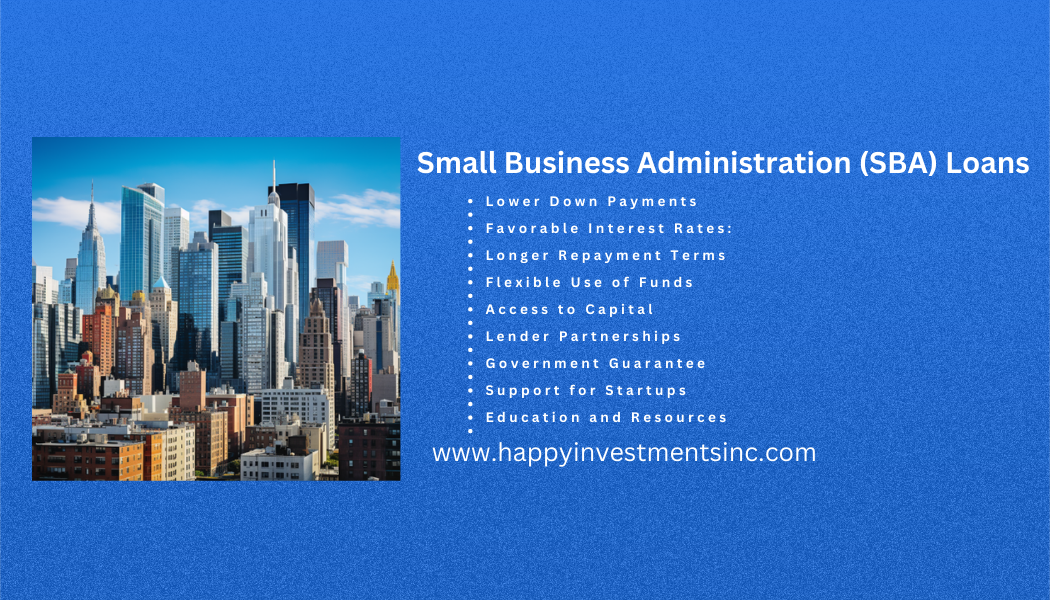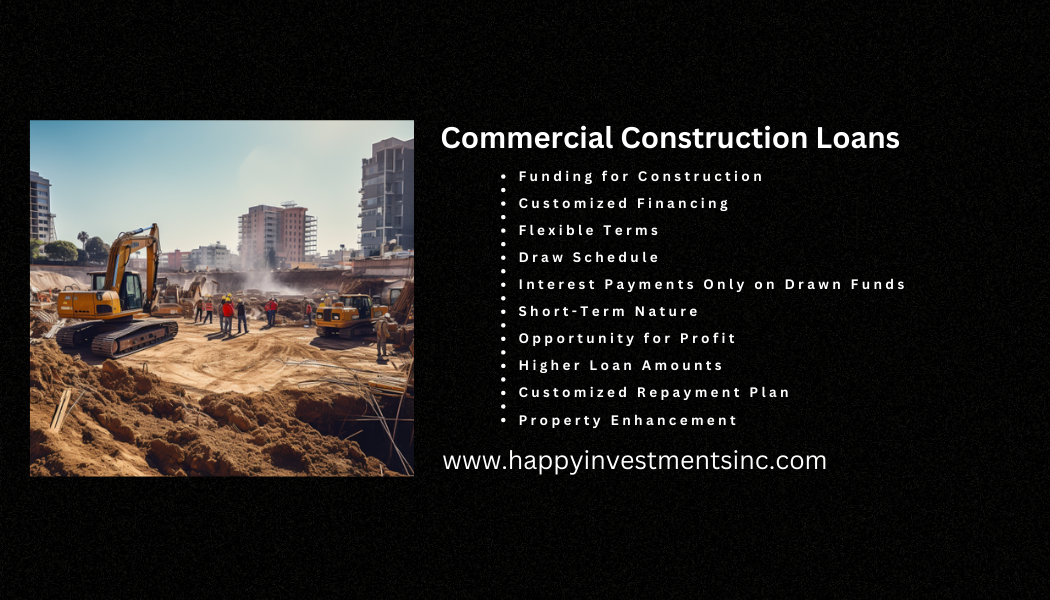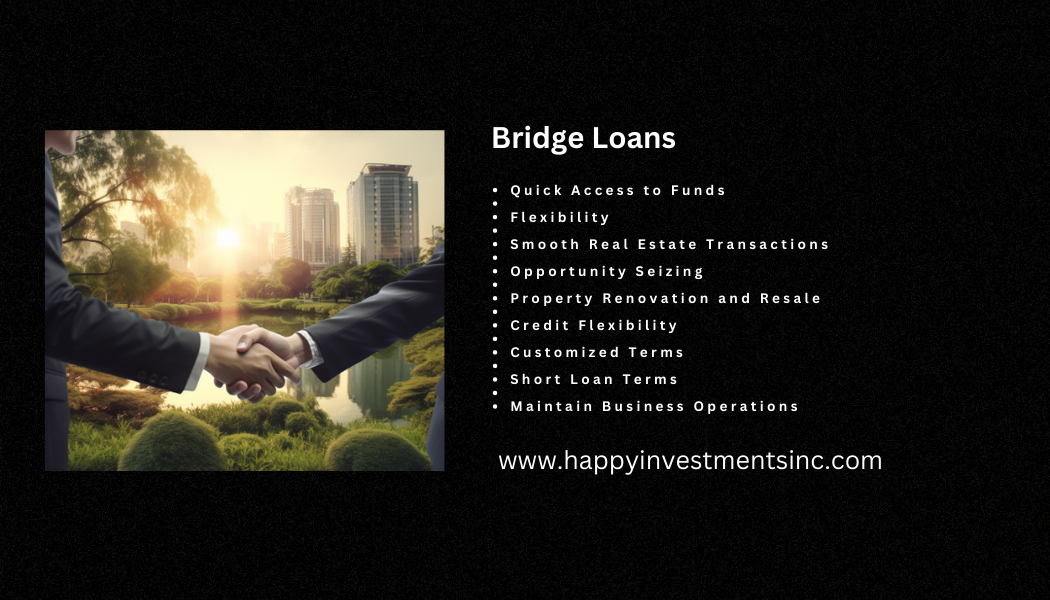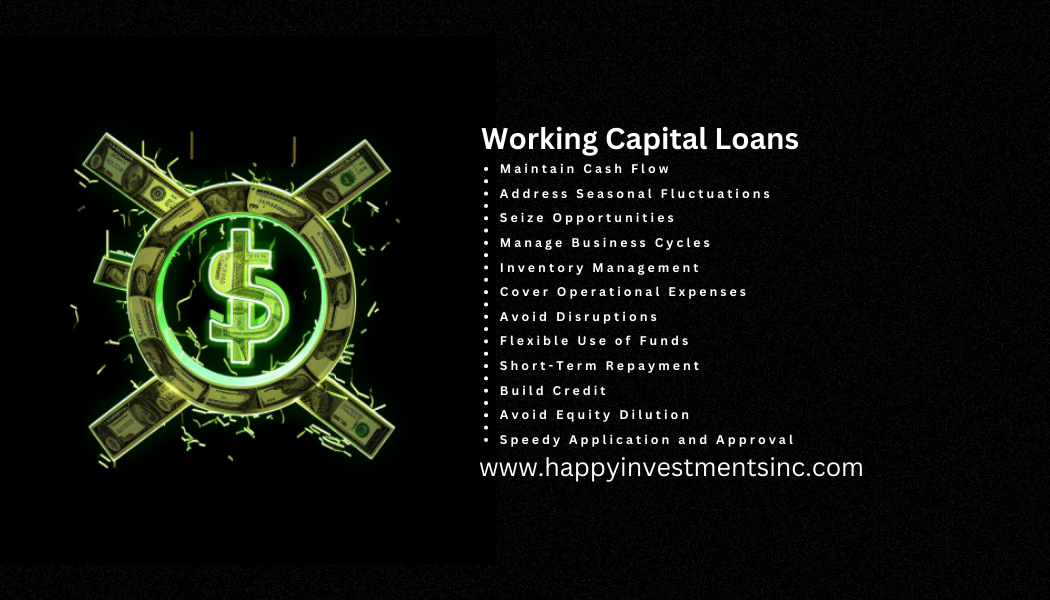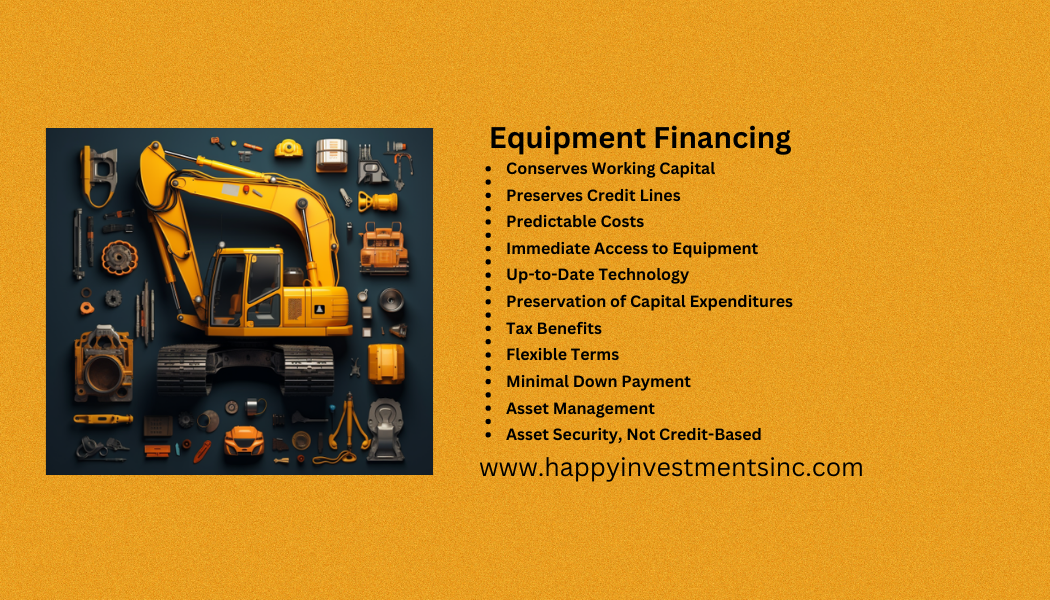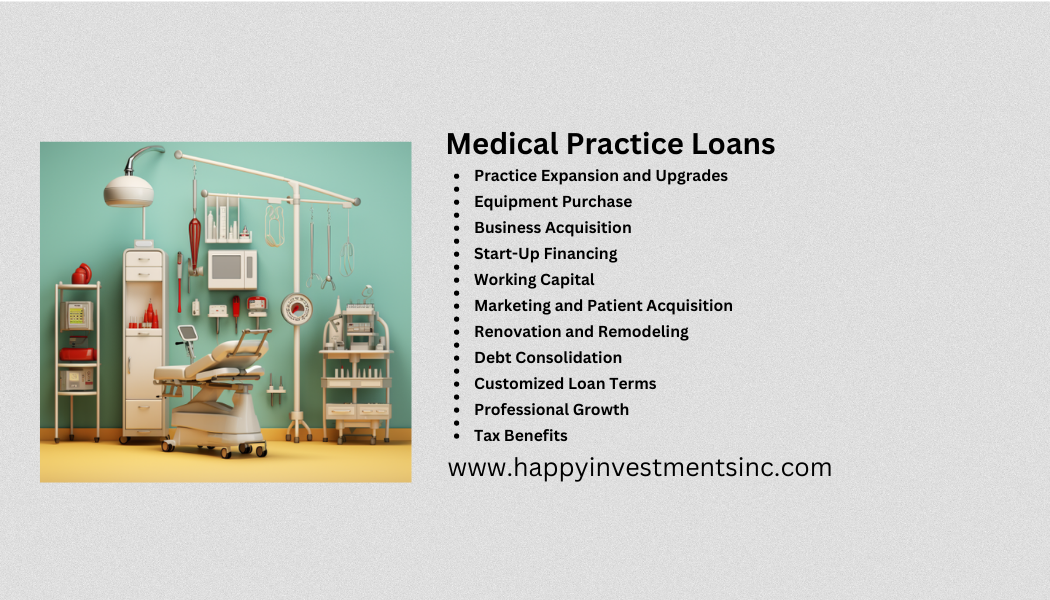
Commercial Real Estate Loans are financial instruments designed to supply funding for various kinds of business residential or commercial property acquisitions, advancements, and renovations. The property itself typically secures these loans and is an essential resource for services and financiers aiming to broaden or boost their property holdings. Various sorts of Commercial Real Estate Loans include:
- Traditional Commercial Mortgages: These loans operate similarly to domestic home loans, where the customer receives a lump sum upfront and repays the loan quantity along with interest over a given period. They are commonly used for buying or refinancing residential or commercial properties such as office complexes, retail centers, and storage facilities.
- SBA 7( a) Loans: Offered by the Small Business Administration (SBA), these loans offer financing to small companies for genuine estate acquisitions, building, or refinancing. They frequently include beneficial terms and lower deposit requirements.
- Commercial Construction Loans: These loans are developed to fund the building of brand-new commercial residential or commercial properties or significant renovations of existing ones. The funds are disbursed in phases as the construction progresses.
- Bridge Loans: Bridge loans offer short-term financing to bridge the space in between immediate funding requirements and longer-term financing services. They are commonly used for time-sensitive deals or when a home requires renovations prior to it can qualify for long-term funding.
- Commercial Equity Loans: Also called equity lines of credit, these loans permit a homeowner to tap into their home’s equity to fund different service needs, such as growth, working capital, or improvements.
- CMBS Loans (Commercial Mortgage-Backed Securities): These loans include packaging a pool of business realty loans into securities sold to financiers. The income generated from the underlying loans serves as collateral for the securities.
- Hard Money Loans: These are short-term, high-interest loans typically utilized by investors for fast acquisitions or to capitalize on time-sensitive opportunities.
- Mezzanine Loans: Mezzanine funding sits between senior financial obligation and equity in a capital stack. It’s a way to protect extra funds utilizing the property as security, typically used for development projects.
- HUD/FHA Loans: Provided by the U.S. Department of Housing and Urban Development (HUD), these loans use funding for multifamily homes, healthcare centers, and other kinds of commercial real estate jobs.
- Owner-Occupied Commercial Real Estate Loans: These loans are tailored for businesses occupying most of the residential or commercial property they buy. They often include favorable terms and lower deposit requirements.
Each type of Commercial Real Estate Loan serves different functions and comes with varying terms, rates of interest, and eligibility requirements, permitting companies and financiers to select the funding alternative that best lines up with their needs and goals.


 A Commercial Bridge loan is a type of short-term funding option designed to bridge the space between immediate capital needs and more long-term, long-lasting financing. It is typically utilized by companies and investors to seize time-sensitive chances, address urgent monetary commitments, or assist in residential or commercial property acquisitions. Commercial Bridge loans offer versatility and speed, permitting customers to secure funds quickly while they deal with acquiring a more conventional and sustainable financing source. There are numerous sorts of Commercial Bridge loans tailored to various circumstances
A Commercial Bridge loan is a type of short-term funding option designed to bridge the space between immediate capital needs and more long-term, long-lasting financing. It is typically utilized by companies and investors to seize time-sensitive chances, address urgent monetary commitments, or assist in residential or commercial property acquisitions. Commercial Bridge loans offer versatility and speed, permitting customers to secure funds quickly while they deal with acquiring a more conventional and sustainable financing source. There are numerous sorts of Commercial Bridge loans tailored to various circumstances Commercial Construction loans are monetary instruments created to money for the advancement and building of numerous types of commercial homes, varying from office buildings and retail centers to hotels and industrial facilities. These loans offer the essential capital to cover the costs related to land acquisition, architectural planning, building and construction materials, labor, and other costs incurred during the building process. Different sorts of Commercial Construction loans include:
Commercial Construction loans are monetary instruments created to money for the advancement and building of numerous types of commercial homes, varying from office buildings and retail centers to hotels and industrial facilities. These loans offer the essential capital to cover the costs related to land acquisition, architectural planning, building and construction materials, labor, and other costs incurred during the building process. Different sorts of Commercial Construction loans include: The Small Business Administration (SBA) loans are monetary support programs offered by the United States government to support and promote the development of small companies. These loans are developed to supply economical funding alternatives to business owners and small company owners who may have trouble getting loans through traditional channels due to various reasons, such as restricted security or credit rating. There are a number of types of SBA loans offered, each tailored to specific service requirements:
The Small Business Administration (SBA) loans are monetary support programs offered by the United States government to support and promote the development of small companies. These loans are developed to supply economical funding alternatives to business owners and small company owners who may have trouble getting loans through traditional channels due to various reasons, such as restricted security or credit rating. There are a number of types of SBA loans offered, each tailored to specific service requirements:
 There are various types of commercial loans. Nevertheless, some of the most typical are irreversible loans, bridge loans, commercial building and construction loans, and conduit loans. The structure of the loan primarily contains the principal (amount being loaned) rate of interest and term (length of time of the loan). Other elements such as the borrower’s credit rating, the business property being applied as security, general market conditions, etc., establish the structure of a commercial home loan. Industrial homes should not be made complex. There are Owner-occupied organization loans and investment property loans. Call Today: (951) 963-9399.
There are various types of commercial loans. Nevertheless, some of the most typical are irreversible loans, bridge loans, commercial building and construction loans, and conduit loans. The structure of the loan primarily contains the principal (amount being loaned) rate of interest and term (length of time of the loan). Other elements such as the borrower’s credit rating, the business property being applied as security, general market conditions, etc., establish the structure of a commercial home loan. Industrial homes should not be made complex. There are Owner-occupied organization loans and investment property loans. Call Today: (951) 963-9399.


